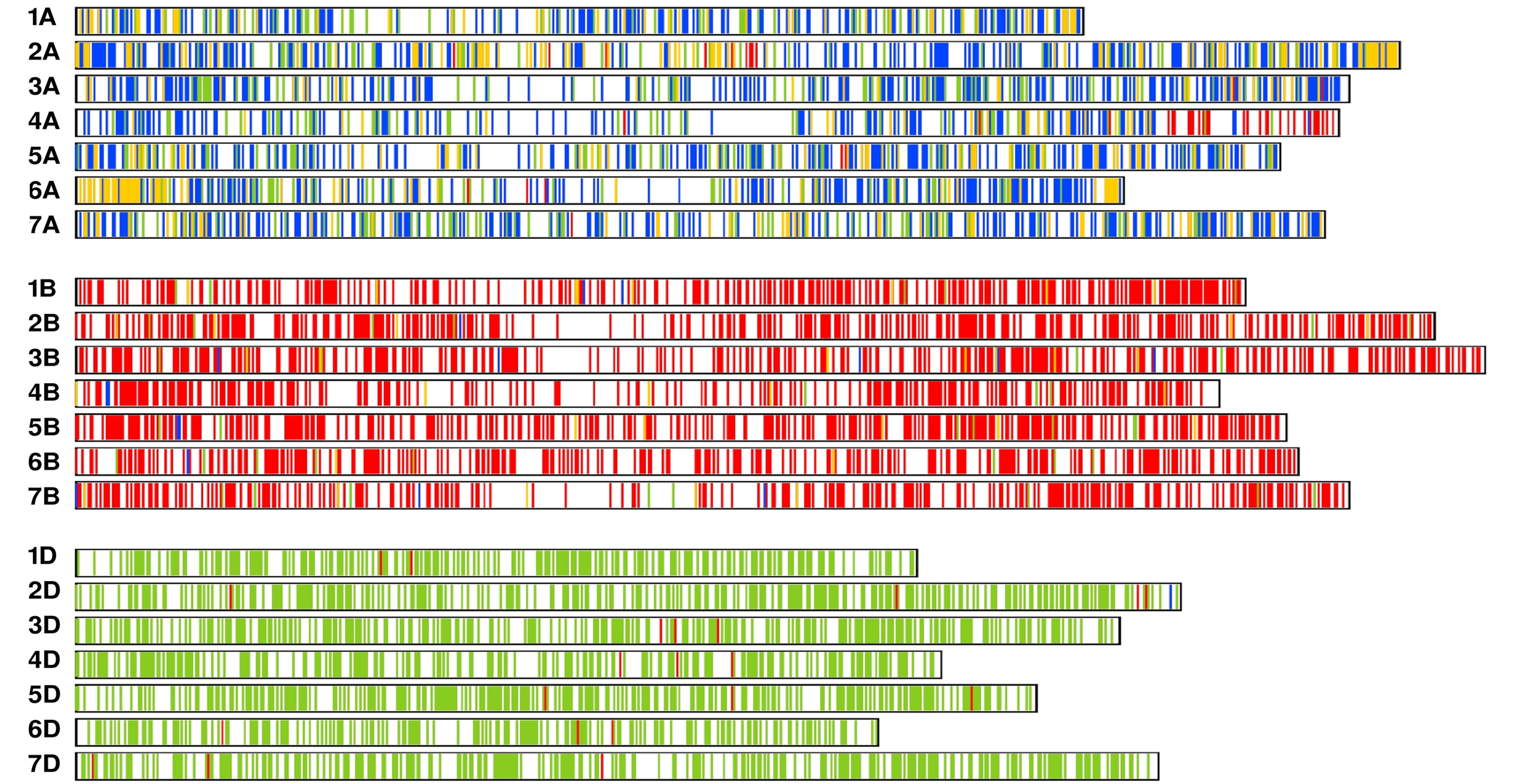Prof. Thomas Wicker - Molecular Plant Biology Phytopathology
Plant and fungal genomes are very dynamic and evolve much more rapidly than animal genomes. We are investigating the molecular mechanisms that drive this rapid evolution. An over-arching topic our research is the role of transposable elements (TEs) in genome evolution. TEs are small genetic units which can move around in the genome and make copies of themselves. Although selfish in principle, TEs contribute contribute in a multitude of ways to genome evolution. They can cause chromosomal rearrangements, introduce mutations or can take part in cellular functions.
Over the years, we have studied TE and genome evolution in a multitude of species, including important crops such as wheat and barley and their pathogens (e.g. powdery mildew and rust). An important method we use is comparative genomics which is a powerful method to discover mechanisms that drive the evolution of genomes. In our extensive comparative studies, we have so discovered multiple mechanisms that can lead to gene duplications, gene movement and gene loss. Additionally, comparative genomic and TE analysis have enabled our studies on crop plant diversity which has implications for modern crop plant breeding.
Because genomic and transcriptomic data are produced at ever-increasing speed, development of new software is essential, if the vast amounts of data are to be analyzed properly. In my group, we focus on designing software that automates complex bioinformatics analyses that otherwise involves much manual work. Here, we aim to translate complex workflows and challenging manual analyses into algorithms that allow data processing at a large scale and at high quality. All software developed in my group is freely and publicly available. Although never specifically published, practically all our recent scientific achievements are a direct product of our in-house software development. Additionally, our software and methods made us frequent partners in collaborative projects that aimed at cloning agriculturally important genes.

